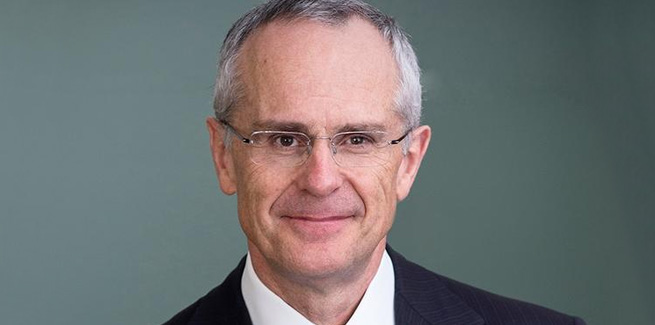Appearing before the House of Representatives standing committee on economics on Friday (10 September), ACCC chair Rod Sims reflected on the question of common ownership across Australian industries.
He noted in most Australian sectors, there are only a few major competitors – pointing out four in the case of banking.
“When you get well-established companies – two, three or four – often they’re not competing vigorously with each other for one reason or another,” he said.
“Then when you get concentration in wealth management, you could find that common ownership of a small number of competitors.”
Shared owners could be the result of index funds or large fund managers grabbing stock in each major company within a certain industry.
But Mr Sims commented problems could arise with the same investors speaking to management and to chief executives across different companies.
“We know they do that. If they’ve got a common interest in the small number of competitors, they might be seeking to send messages about industry profitability, rather than the particular company, which might soften competition between competitors,” he said.
MPs on the committee had already raised alarms around the major banks sharing the same dominant institutional shareholders, in its inquiry into the implications of common ownership and capital concentration.
NAB CEO Ross McEwan, Westpac boss Peter King and representatives from APRA and ASIC also faced questions around the banks’ ownership last week.
Mr Sims acknowledged the two largest shareholders are consistent across the big four banks, with US fund manager giants Vanguard and BlackRock holding around a 5 to 6 per cent stake of each of the institutions.
However, he questioned whether the major banks were more likely to be swayed by investors to resist competition, or if they already had an agenda to soften any rivalry themselves.
“How much influence that has versus just simply their obvious commercial strategy of not bothering to aggressively compete with each other and that’s where it gets complicated, to know what’s driving what,” Mr Sims said.
“But my instinct with the banks is it’s not so much common ownership, it’s just their well-honed strategy and realising that active competition against each other is just going to lead to retaliation and not help you at all.”
Going off his past commercial experience, Mr Sims said it was unlikely that the banks would need to be prodded by an investor to act accommodatively towards each other, as they had operated side-by-side for a long time.
“Having said that, the fact that those people are meeting the CEOS of each of the banks, with a common message, is obviously an issue,” he said.
ACCC specialist for advice and services Marcus Bezzi referred to a remark from the OECD roundtable by researcher Marc Schmalz, stating that common owners may not encourage firms to compete, as they have no incentive to intervene in firms’ competitive strategies.
“However, there’s no evidence that common owners push for more aggressive competition,” he said.
“I think that’s a really interesting point. They’re not going to really require firms across an industry to compete more aggressively, it’s just not in their competitive interests. That’s probably the heart of our concern.”
The result could quash both competition and innovation, Liberal MP Celia Hammond responded.
[Related: Bank CEOs quizzed on housing affordability]

